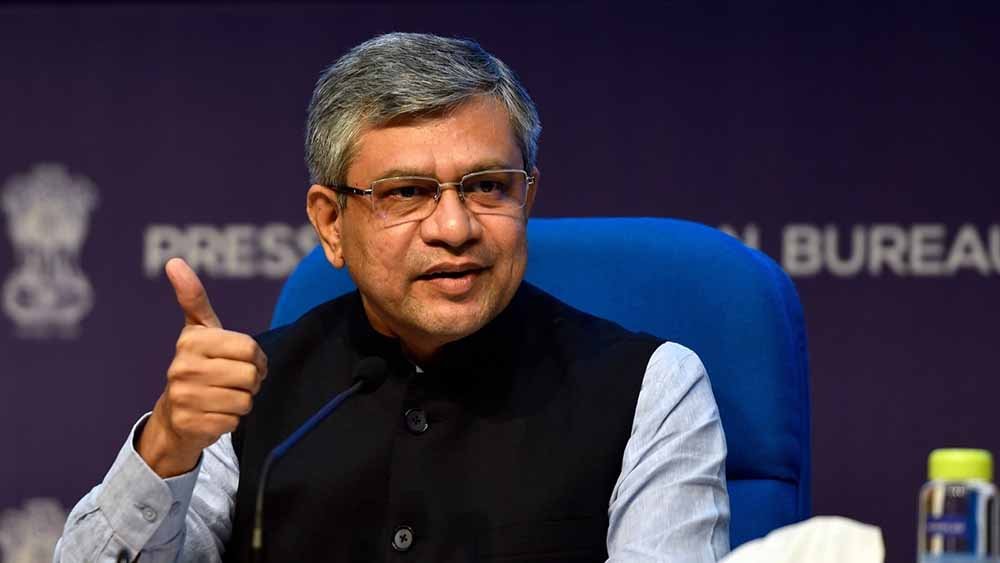The Union Cabinet on Wednesday approved Phase-III of a scheme for strengthening and upgrading existing central and state government medical colleges to increase 5,000 postgraduate seats.
It also approved the extension of the central scheme for upgradation of the existing government medical colleges to increase 5,023 MBBS seats with an enhanced cost ceiling of Rs 1.50 crore per seat, Union minister Ashwini Vaishnaw said at a Cabinet briefing.
This initiative will significantly augment undergraduate medical capacity, availability of specialist doctors by creating additional post-graduate seats and enable the introduction of new specialities across government medical institutions, the minister said, adding this will strengthen the overall availability of doctors in the country.
To a question, the ministry officials said that the new 5,000 medical PG seats would be increased by the year 2028-29. They added that these PG seats are being created only in the government medical colleges across the country.
The target of these schemes is to increase 5,000 PG seats and 5,023 UG seats in government institutions by 2028-2029. Detailed guidelines will be issued by the Ministry of Health and Family Welfare for implementation of the schemes, an official statement said.
The total financial implication of these two schemes is Rs 15,034.50 crore for a period from 2025-26 to 2028-29, it said.
Out of Rs 15034.50 crore, the central share is Rs 10,303.20 crore and the state share is Rs 4,731.30 crore.
Schemes for augmenting medical seats in government medical colleges and institutions across states and Union Territories will help augment the availability of doctors and specialists in the country, thereby improving access to quality healthcare, especially in underserved areas.
It will also leverage the existing infrastructure for cost-effective expansion of tertiary healthcare in government institutions, as expansion of postgraduate seats ensures a steady supply of specialists in critical disciplines, the minister said.
These schemes aim to promote balanced regional distribution of healthcare resources while being cost-effective by leveraging existing infrastructure. In the long run, they strengthen the country’s health systems to meet existing and emerging health needs, he said.
These schemes are expected to provide more opportunities to the students to pursue medical education in India and enhance the quality of medical education and training to meet global standards, Vaishnaw said.
These are expected to also ensure adequate availability of doctors and specialists, which can position India as a prime destination for providing affordable healthcare.
Cabinet approves expansion of PG, UG medical education capacity
New Delhi, Sep 24 (PTI)

